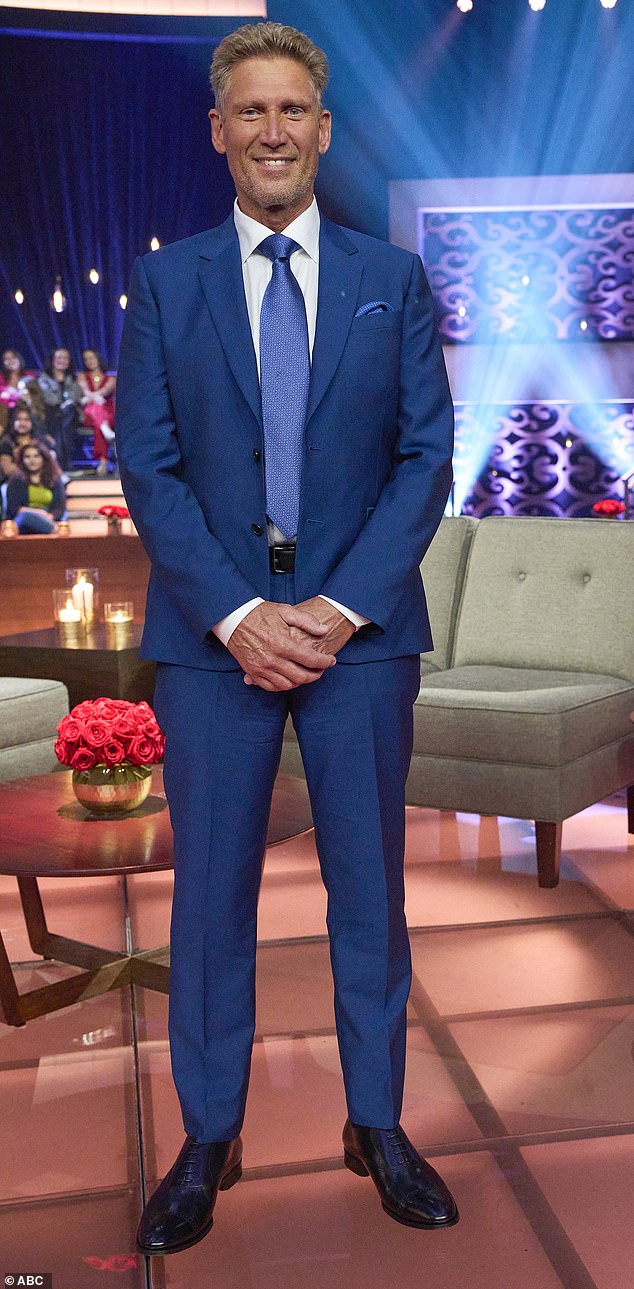Who is Nelly Munyasia?
Nelly is a mother and a trained nurse from Machakos Medical Training College, with a background in health system management and a Master in Health System Strengthening. She was born and raised in Bungoma County in a family of three girls, which toughened them. Nelly was the more tomboyish one in the family and was known for being vocal.
Shed light on your career
I had a passion for nursing, but I didn’t enjoy the clinical aspect because I felt it limited our ability to express ourselves. Fortunately, after graduating from nursing school, I found a job with a non-governmental organisation that employed women healthcare providers to care for HIV patients.
I worked with the organisation briefly and then took on a position as a program officer with the Reproductive Health Network in 2012. I was to initially support a donor for three months, but I was captivated by the organisation’s efforts to empower midwives to share stories from their communities.
These are individuals whose voices are often unheard. Growing up in a community where women were marginalised and married off at a young age, I was determined to make a positive impact.
I saw the RHNK as an excellent platform for effecting change. My initial three-month contract was extended to six months due to the outstanding work I did. The impact was significant after six months, as we trained numerous midwives to deliver high-quality healthcare. The donor extended the project for five years and provided additional funding.
I oversaw the project for the next five years. In 2017, I assumed the role of program manager for a year, and in 2018, I became the executive director of the organisation. This marked the beginning of a process to redefine our organisational goals.
What has helped your journey as a leader?
Participating in the inaugural Women Lift Health Leadership in 2022 was a turning point for my leadership. I had been so focused on building the organisation that I neglected to build my brand.
When I assumed leadership of the organisation, I never took a break. I was determined to put it on the map, and I believed that being absent would only make the situation worse. I carried my laptop everywhere and was always working. Womenlift taught me the importance of delegation and trusting my team, while I focused on securing more funding.
Additionally, when I took over the organisation, I established an advisory board consisting of six individuals with diverse expertise to provide guidance. The journey has been amazing, and they have been a great support to me.
What drives you?
I draw a lot of inspiration from my father. He was bold and believed in me, and this pushed me to support, think, and speak for other women. My children are also my support system. They give me a reason to wake up and do what needs to be done. I also want to mention the young people I work with who start their organisations and run with them. I want to create more opportunities for them and our service providers.
What does a typical day in your life look like?
Every morning, I start by spending time meditating and connecting with my God. After that, I check social media to see what’s new and what’s happening. I’ve been doing this for the past eight years. I then check the work WhatsApp group to make sure all my colleagues are doing okay.
I believe it’s important to not only be a boss who addresses issues but also one who genuinely cares about the well-being of my team. I then prepare my son for school and afterward, head to the gym to energise myself for the day. I might attend a meeting or go straight to the office depending on my schedule. Before going to bed, I plan my next day and write down the tasks I need to accomplish. This habit has been really helpful in organising my thoughts and tasks.
Who are your mentors?
Everlyne Opondo (a human rights, law, and gender expert) is a phenomenal woman who saw the potential in me. She is one of my greatest mentors. She put my name out there – in any meeting she attended, she would mention my name. I am who I am because of her. Thanks to her referrals, we are now receiving grants from organisations. Professor Joachim Osur is my go-to person when it comes to leadership, diplomacy, and negotiation.
What achievements stand out for you?
When I joined the organisation, there were only three staff members and just one funded program, now, we have grown to a team of 38 and have expanded our funding sources from one to 18, and are currently collaborating with over 30 partners to implement various projects across the country. Additionally, we have established 12 Memorandums of Understanding with different countries and have developed a strong working relationship with the Ministry of Health.
The organisation has expanded from managing just one project to overseeing 24 projects. We have also broadened our scope beyond service delivery to include advocacy work, which has significantly contributed to the growth of the organisation. By establishing ourselves as a key partner in the government’s policy-making process, we have earned a respectable reputation.
We have also made significant strides in providing modern facilities in Kajiado County, a marginalised community. Our efforts to reach neglected women have been recognised, and I have received awards for my outstanding advocacy for women’s and girls’ issues, as well as for the provision of sexual and reproductive health services. Our organisation has been invited to serve as a center of excellence representing Kenya alongside other countries, a significant achievement for us.
I also serve as the self-injection ambassador and sit on several executive boards. Leading RHN-K to host an adolescents and youths Panafrican conference this year is a remarkable milestone. All of these achievements did not come easily; I had to push myself and position myself competitively.
Challenges you have been through and how you overcame them?
Attracting donors is not easy. It took us time to get a number of them on board, as we had to compete for resources with well-connected organisations, however, when we create programs that align with their interests and help the community, it becomes easier. If we can create an impact and use the money well, referrals from donors will always come.
Leadership can be very lonely. Everyone thinks that you have everything figured out and don’t need help, while they expect you to show up for them. Despite our significant achievements, I have to ensure that we keep up with the momentum and strive for even better results.
How do you juggle work and family?
It’s not easy, but I always make an effort to spend intentional time with my family. Sundays are reserved for family time, and whenever I have some free time, we go on holiday to spend quality time together and bond. Sometimes, I find myself giving most of my time to work, so these moments with my family are very important to
Where do you want to see yourself in the next five years?
I want to work for a foundation. I want to be the one funding programs. Since I am currently involved in implementation, I would like to be on the other side and witness how decisions are made. I am particularly interested in understanding the challenges faced by deserving organisations that struggle to access resources.







